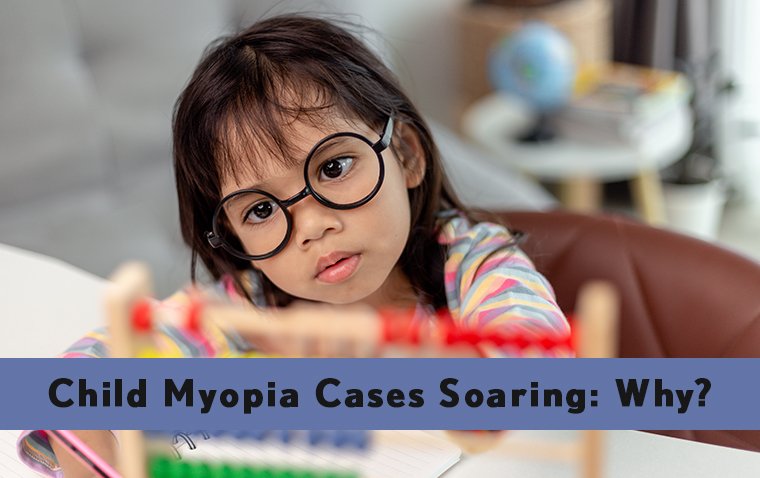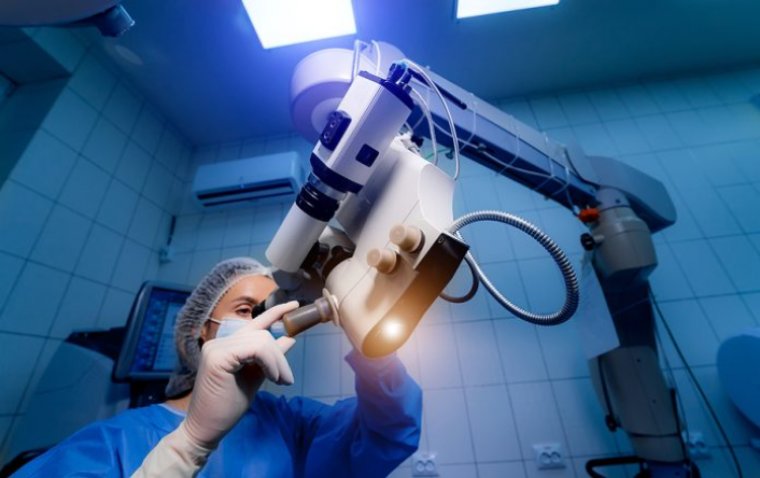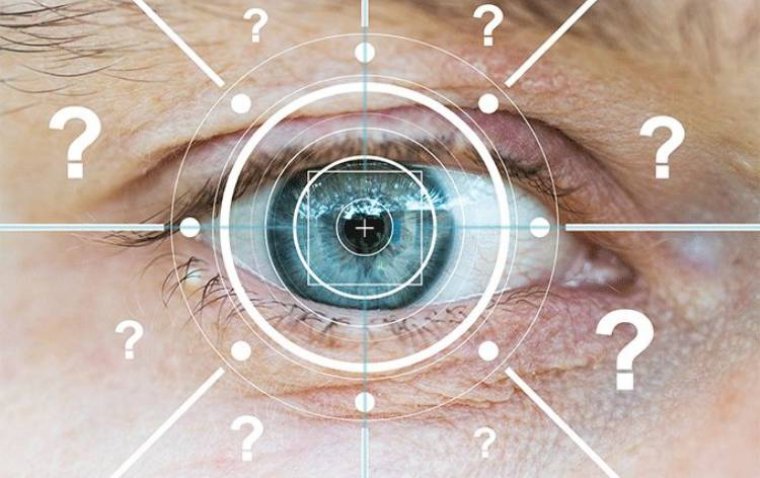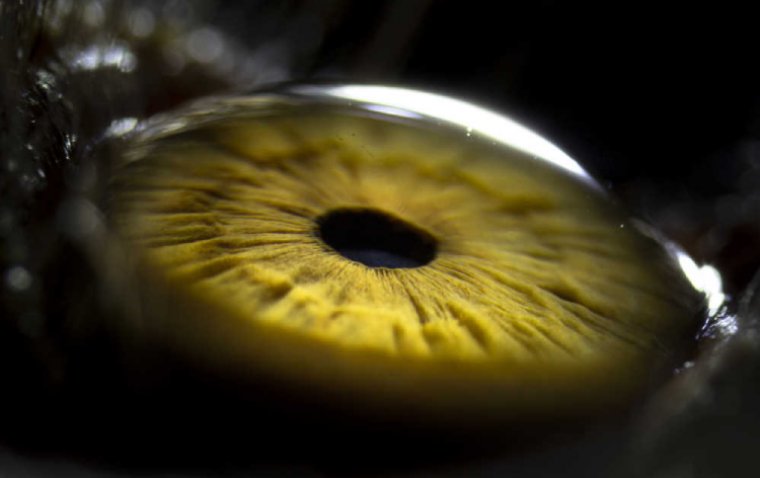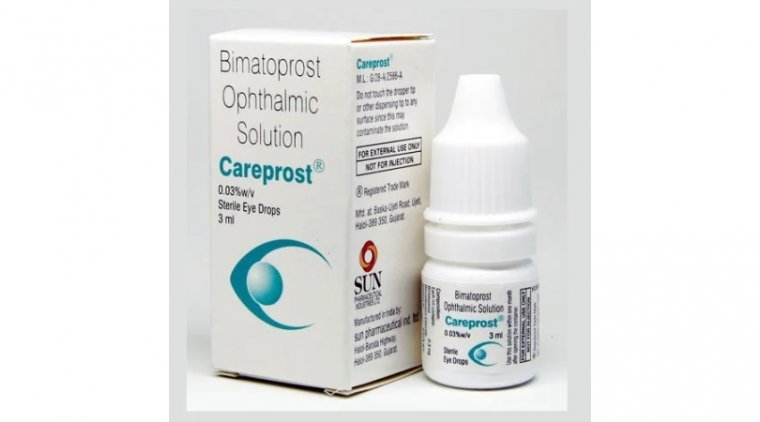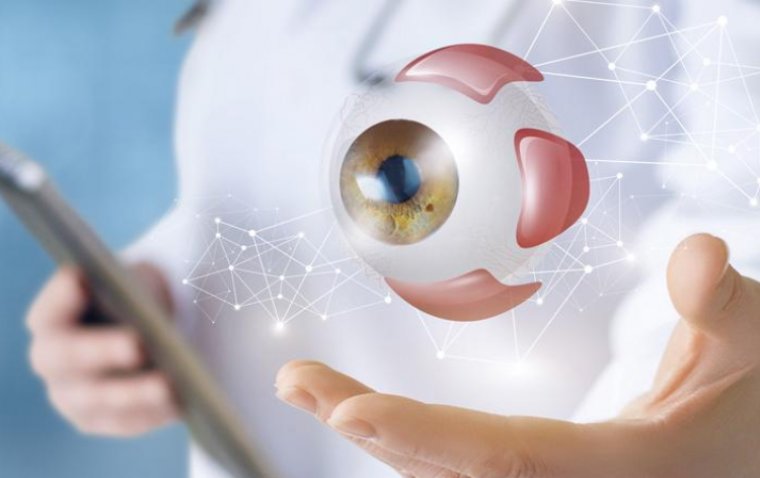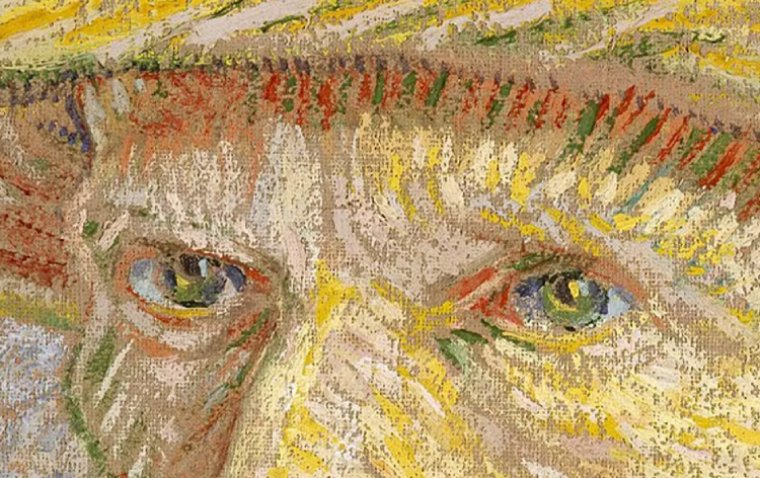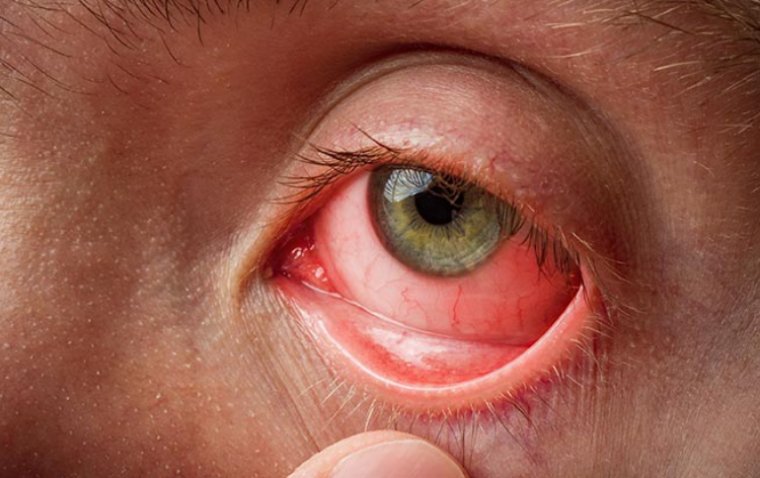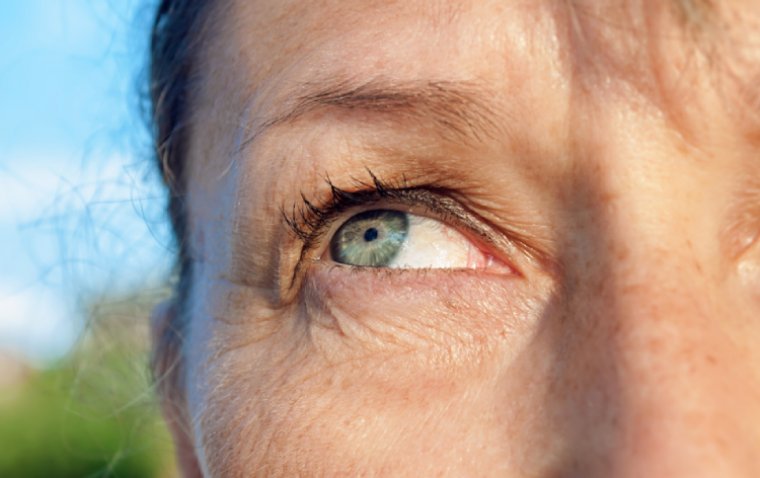
5 Foods to Avoid After Cataract Surgery for Optimal Recovery
Cataract surgery is a common and effective procedure aimed at restoring clear vision to individuals suffering from cataracts. While the surgical process is important, post-operative care also plays a crucial role in ensuring a successful recovery.
Your diet in the days following cataract surgery can significantly impact the healing process. Certain foods can potentially hinder recovery and should be avoided to minimize complications.
In this article, we'll explore eight types of foods you should steer clear of after cataract surgery to promote optimal healing.
1. Refined Carbohydrates
Refined carbohydrates, such as white bread, sugary snacks, and processed cereals, should be consumed in moderation or avoided altogether. These foods can lead to rapid spikes in blood sugar levels, potentially affecting the healing process and increasing the risk of complications like inflammation or infections. Opt for whole grains like brown rice, quinoa, and whole wheat bread instead, which provide more nutrients and better blood sugar control.
.jpg)
2. High-Sodium Foods
Foods loaded with salt, such as canned soups, fast food, and processed snacks, should be minimized. Excess sodium intake can lead to water retention, which might temporarily affect your vision and increase blood pressure. Opt for fresh, low-sodium options like fruits, vegetables, and lean proteins to help control swelling and promote a smoother recovery.
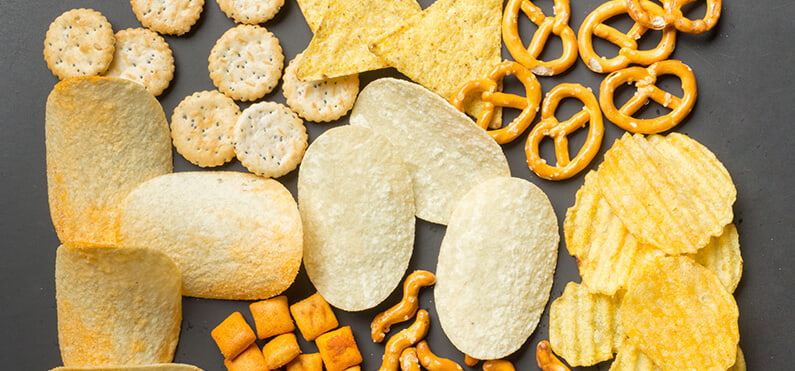
3. Sugary Treats
High-sugar foods like candy, soda, and sugary desserts should be limited after cataract surgery. Excessive sugar consumption can contribute to inflammation and potentially compromise the immune system. Choose healthier sweet alternatives like fresh fruits, which offer vitamins and antioxidants that support healing.
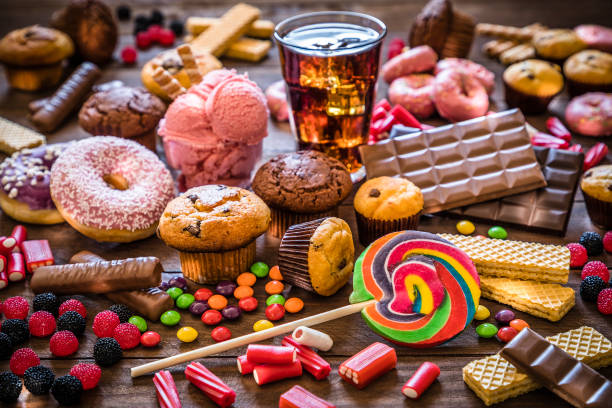
4. Fried and Fatty Foods
Fried foods and high-fat options like fast food burgers, deep-fried snacks, and greasy meals can lead to inflammation and slow down the recovery process. A diet rich in unhealthy fats may also contribute to complications. Instead, choose lean protein sources like grilled chicken or fish and incorporate heart-healthy fats from sources like avocados and nuts.
.jpg)
5. Alcohol and Caffeine
While these are not foods, it's essential to monitor your alcohol and caffeine intake after cataract surgery. Both substances can dehydrate the body, which may impact the healing process and potentially increase the risk of complications. Opt for water and herbal teas instead to stay well-hydrated.
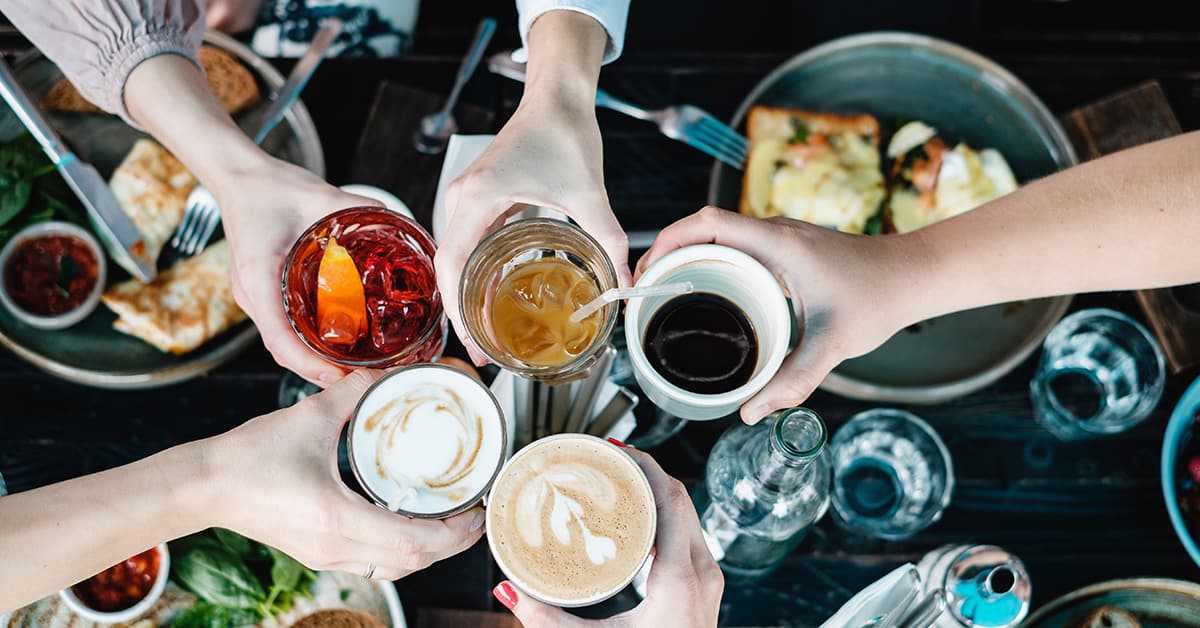
Remember that it's crucial to follow your doctor's post-operative dietary guidelines and stay hydrated throughout the recovery period. A balanced diet rich in nutrients, antioxidants, and low in processed and sugary foods will contribute to a smoother and more comfortable healing process after cataract surgery.
(1).jpg)
